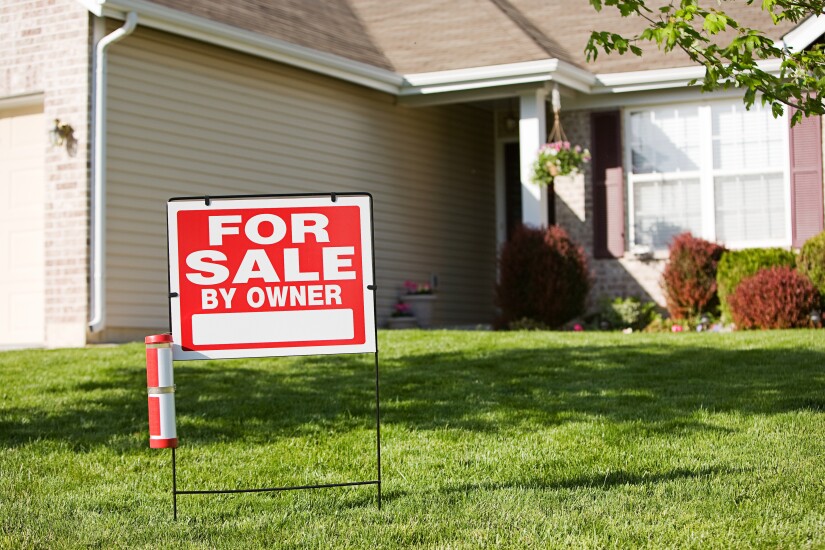Welcome back to "Ask an Advisor," the advice column where real financial professionals answer questions from real people. The topic can be anything in the world of finance, from retirement to taxes to wealth management — or even advice on advising.
This week we're taking a different approach: The question comes from yours truly, retirement reporter Nathan Place.
My question is about a highly unusual asset: real estate. Should a home be looked at as an investment? That depends on the context, and on which financial advisor you ask. Some see buying a home as the gateway to building wealth. Others are so wary of real estate's complexities that they recommend renting instead.
The one thing that's clear is housing prices are up — way up. In the fourth quarter of 2020, the average price of a home sold in the United States was $403,900, according to the
It would seem that someone who purchased a home in early 2021 — as this reporter did — could benefit from all this inflation by selling that home a few years later. But the timing isn't that simple. For one thing, mortgages have skyrocketed — as the Fed worked to tame rising prices by raising interest rates, the average 30-year, fixed-rate mortgage jumped from 3.11% at the end of 2021 to
Even apart from picking up a sky-high new mortgage, there's a paradox inherent in selling one's primary residence: If you sell when the market is high, you must also (unless you rent) buy when the market is high.
Read more:
Is there any way around this conundrum? Can one "time" the real estate market? Does it ever make sense to look at one's home as an investment? Like many of our readers, I turned to the experts for guidance. Here's what I wrote:
Dear advisors,
Many people refer to real estate as an investment, but how does that work in practice? The part that puzzles me is the timing. At what moment in the housing market can you make enough of a profit to buy a bigger home? If you sell high, won't you then also be buying high?
For context, my wife and I own a two-bedroom apartment in New York that we bought for $520,000. The three-bedroom apartments in our building cost about $1.1 million. Someday we'll want a bigger place, but even if we sell our two-bedroom apartment for more than we bought it for — let's say $700,000 — by that time the three-bedroom apartments will also be worth more — probably about $1.5 million. How can we ever catch up?
Thanks in advance — for answering my question, and all the others in this column!
Sincerely,
Nathan "Wondering in Washington Heights" Place
And here's what financial advisors wrote back:






